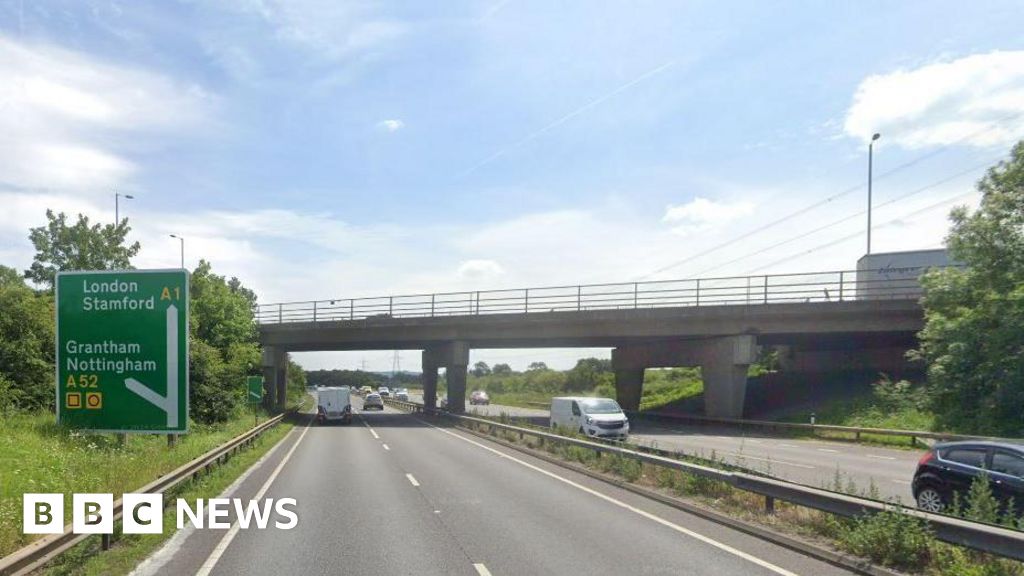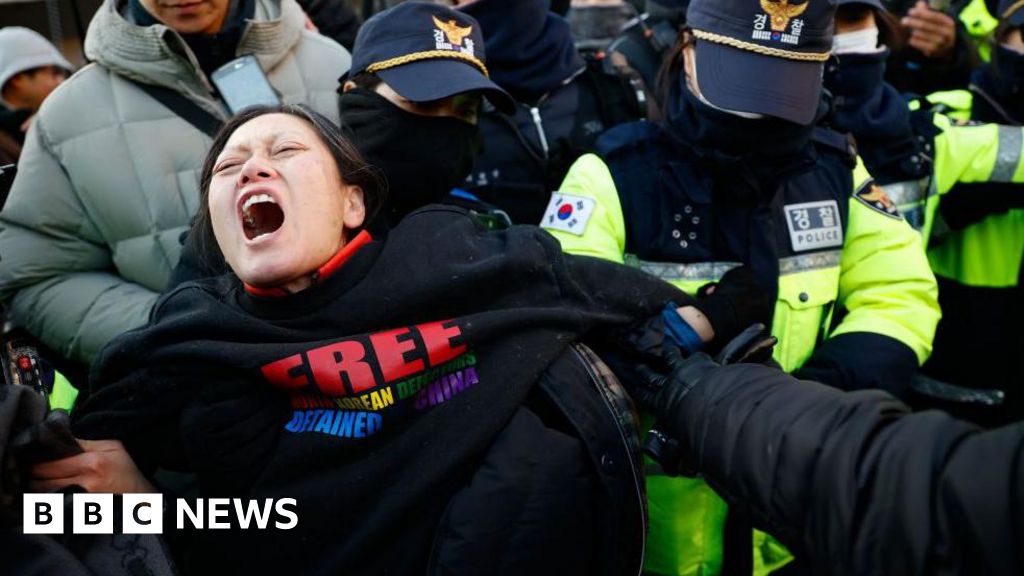The Nigerian Midstream and Downstream Petroleum Regulatory Authority (NMDPRA) has backed petroleum marketers, denying claims that they are importing substandard fuel into the country.
The regulatory body has also asked Nigerians not to panic over the “dirty fuel” allegations made by the Dangote Refinery.
This is as fuel marketers under the auspices of the Depot and Petroleum Products Marketers Association of Nigeria (DAPPMAN)), also denied their involvement in the importation of dirty petroleum products in the country.
Addressing journalists after a meeting with oil marketers and local refiners in Abuja, the Authority’s executive director, Distribution Systems, Storage and Retailing Infrastructure Ogbugo Ukoha, said the sulphur content in the fuel even in this June is not above the lawful limit.
He said, “There is no dirty fuel being brought in. I am giving you the statistics for June and that what we have on the average from the import have continued to go down from 200PPM of the average and now we have it below 50PPM (Parts Per Million) that is provided under the law.”
Ukoha also revealed that the Authority met on Tuesday with marketers and refiners to ensure a level playing field between independent marketers who import and local refiners to ensure supply stability within a stable price regime.
He recalled that Economics Community Of West African States (ECOWAS), Heads of States in 2020 endorsed a declaration, adopting the African Fuel Roadmap that requires that certain products have as a minimum 50PPT per a million litres of sulphur.
Ukoha said while it encourages almost immediate enforcement, on import to comply with regards to standard, the same treaty deferred enforcement for local refiners up 31st December, 2024.
He also noted that despite the time for enforcement on local refineries is not due, the plants are complying on their own.
“And with the refineries there is no need to enforce that until the end of this year. But they themselves are already taking steps to see that is also guaranteed,” he said.
He noted that the Petroleum Industry Act (PIA) in 2021, section 318 also captured and upheld the ECOWAS treaty.
He added that “So as an Authority what have we done since we came into being? We started by engendering compliance. We saw a downward trend up to 2022-2023 December.”
The ED admitted there was a spike in the sulphur content of imported products between December 2023 and January 2024, which resulted in a vigorous enforcement in February.
His words: “In December and in January of this year, we noticed a spike in the sulphur content of products being imported. And again now began strong enforcement from 1st February.”
He however noted that since then the level of contamination of imported fuel has declined in every Automotive Gas Oil (AGO) below the lawful 50PPM.
“I am happy to tell Nigerians that up until as we speak in June, the average sulphur content in every AGO that is brought into Nigeria is far below what the 50PPM provision is in the law,” he said.
He revealed that the new refineries are even built with a plant sulphurization limit which will reduce it to 10PPM.
Allaying Nigerians fear over any imported dirty fuel, Ogbogu vowed that the Authority will not allow it into the country.
He said, “In the local refineries, remember that declaration deferred so they continued to produce at a higher level.
“But we are not very anxious about that because even the new refineries that are coming on have within their design of the plants the sulphurization limit that we will see in the nearest future going down as low as 10PPM.
“So, I would like to assure Nigeria that this is a mandate that the Authority takes very seriously and that we are here to guarantee the well being and health of Nigeria and there is no dirty fuel we will encourage to come into Nigeria.”
The NMDPRA’s response comes after the vice president of Oil and Gas at Dangote Industries Limited, Devakumar Edwin, accused the regulatory body of indiscriminately issuing licences to traders to import “dirty” diesel and jet fuel into the country. Edwin claimed that these products, which have been banned in some other countries, are being dumped in the Nigerian market by various traders.
However, the NMDPRA has refuted these allegations, stating that it remains committed to its mandate of ensuring the availability of clean and affordable petroleum products for Nigerians. The authority has also urged the public to disregard any rumours or misinformation regarding the quality of fuel in the country.
Meanwhile, the marketers alleged that the Automated Gas Oil (AGO) also called diesel from Dangote refinery has been classified as dirty.
The association, in a statement, stated that, no member of the group or private fuel depot has imported into the country any fuel with specification that is outside the regulation other than what is currently approved by NMDPRA.
DAPPMAN said, the information from the Dangote Refinery Management is laced with inaccuracies.
In its narration, DAPPMAN recalled that, between February and May 2024, the NMDPRA had allowed AGO imports with maximum sulphur content of 200 parts per million (ppm) and this was followed by another move, by the regulator, to fast forward the country target date of the implementation of the 50/ppm sulphur limitation on Premium Motor Spirit (PMS) also called petrol and AGO imports, from 31st December 2024 to 1st June 2024, thereby, limiting all marketers and depots’ AGO source to Dangote Refinery even though the latter was yet to install its desulphurisation equipment as the sulphur in its blends of AGO presently exceed 50/ppm.
This again, it said, was resisted by DAPPMAN in its letter to the NMDPRA which was dated 10th June 2024 to warn and alert the regulator not to ‘inadvertently promote and introduce a monopoly into the sector.
With stiff resistance at every attempt at introducing a Dangote Refinery monopoly into the downstream, and the fact that the latter, despite its most recent production of AGO with sulphur contents reported at 1200/ppm, the association expressed shock that the management of Dangote Industries (including the Dangote Refinery), who are very much aware of these facts, could claim that the NMDPRA has been granting licences indiscriminately to marketers to import ‘dirty refined products’ into the country.
Their current blend of AGO, with reported sulphur contents of 1200/ppm, is technically classified as ‘dirty fuel’ and grossly in excess of the 200/ppm imported by any marketer or depot owner.
The depot operators noted that, the downstream regulatory authority in the very recent past, had initially objected to offtakes by its daughter vessels from import mother vessels, via Ship-to-ship operations which usually take place offshore Lome, a move which was vehemently protested and resisted by downstream operators and has been rescinded.
The association noted with concern the Dangote refinery. as a business entity. is free to adopt any model that suits its management, however, its current practice of cheaper bulk sales prices to international buyers at the detriment of Nigerian buyers calls to question their patriotism to the country.
Several Nigerian marketers had in the recent past been offered Dangote Refinery cargoes by international trading firms at rates that are very much lower than what they were directly offered by Dangote Refinery, and this will not be in the interest of the Nigerian fuel end-user, it said.
The Association said there is no doubt that the success of Dangote Refinery will be a thing of pride to the nation, but all downstream operators and their activities must be in tandem with the provisions of the Petroleum Industry Act 2021 which abhors ‘monopoly’ of any sort.
Meanwhile, our correspondent reports that the federal government has reduced the sulphur cap on refined oil product imports to 50 ppm according to market participants.
The new cap which took effect at the start of June, according to sources — marks a sharp reduction from a previous 200 ppm limit set on March 1.

 6 months ago
30
6 months ago
30















 English (US) ·
English (US) ·